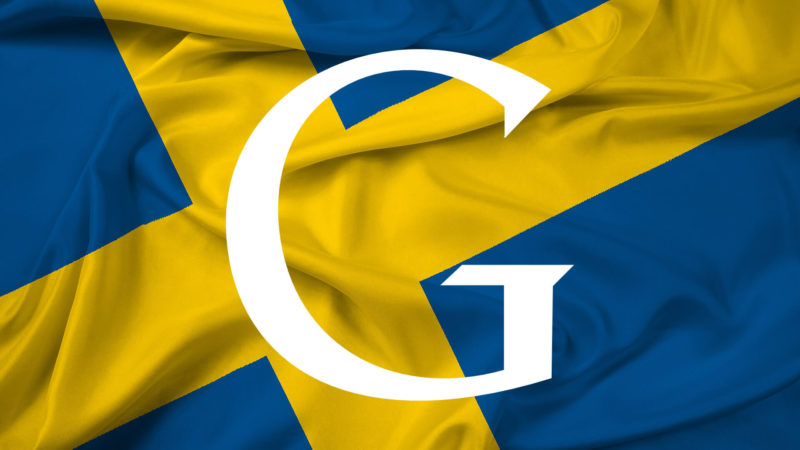Sweden The Latest To Consider Google “Link Tax” For Newspapers
A member of the Swedish parliament, Niclas Malmberg, wants Google to help fund Swedish news publications along the lines of the French model established last year. Threatened with a “link tax,” Google agreed “to create a €60 million Digital Publishing Innovation Fund to help support transformative digital publishing initiatives for French readers.” Google also agreed […]
A member of the Swedish parliament, Niclas Malmberg, wants Google to help fund Swedish news publications along the lines of the French model established last year. Threatened with a “link tax,” Google agreed “to create a €60 million Digital Publishing Innovation Fund to help support transformative digital publishing initiatives for French readers.”
Google also agreed to “help increase [French newspapers’] online revenues using [the company’s] advertising technology.”
Like other countries in Europe, Sweden is alarmed by the decline of its newspaper industry and places the blame on Google. Malmberg wants Google to share its ad revenues with publishers.
I used both Bing and Google translate to capture the essence of the Swedish proposals. Neither service is entirely accurate and so nuances are lost. However the basic core of the information is there.
Malmberg appears to point to Swedish company Spotify as another potential model for the newspaper industry. Spotify provides royalties and pays musicians based on user subscriptions. The analogy isn’t exact because Google is ad supported (Google News has no advertising). However the Swedish politician sees some sort of allocation or sharing of Google ad revenues with Swedish newspapers based on their traffic or market share.
Like other countries in Europe, Swedish publishers believe Google is unfairly making money off their content and harming the industry. Accordingly, some sort of “link tax” like legislation will likely emerge — to be used as leverage in a negotiation with Google, as in the French case.
Similar restrictive copyright legislation has been proposed or passed in several countries in Europe, including France, Germany and Spain. I suspect we’ll see similar legislation duplicated across Europe or emerge at the EU-wide level.
We can endlessly debate whether Google is being unfairly scapegoated for changes in user behavior or whether the company is contributing to the decline of newspapers in some way. Many European leaders are convinced of the latter.
That’s the political reality Google is dealing with in Europe.
Opinions expressed in this article are those of the guest author and not necessarily Search Engine Land. Staff authors are listed here.
Related stories
